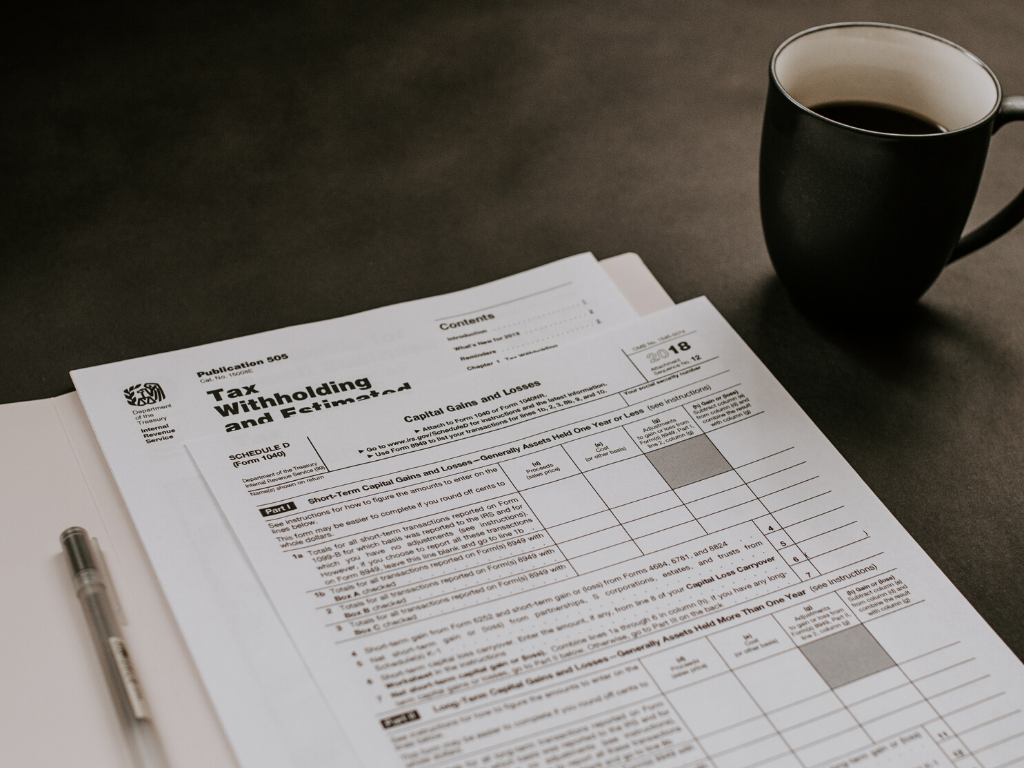Starting a new business and becoming your own boss is something to be proud of. It’s an exciting time that comes with a lot of responsibility, like filing taxes. Simply put, filing taxes means telling the government how much money your business made or lost.
Keep reading to find out everything you need to know about filing small business taxes in the US.
What do I need to file my business taxes?
You will need copies of all your financial statements from the year. This includes:
- Profit and Loss Sheet
- Balance Sheet
- Cash Flow Statement
You’ll answer questions about what product your company produces, the industry, what state you do business in and a list of all the owners. You will also need some important forms.
- Sole proprietor and Single-Member LLC: Schedule C for business profit/loss.
- Multi-member LLC and Partnership: Form 1065 for the LLC or partnership. Each partner has to provide a Schedule K-1 with their personal tax returns.
- S-Corp: Form 1120-S
- Corp: Form 1120
Your business income minus your expenses is your profit (or your loss, if your business didn’t make any money.) In most cases, your portion of business profit is included on your personal returns, along with personal income, deductions, and credits. This determines your taxable income. If this seems confusing, know that the government will tell you If you paid more than you should have, if so, you’ll get some money back. If the tax is more than what you’ve already paid, you will owe the difference.

What expenses can I deduct on my taxes?
You probably had to buy a lot of things to get your business up and running, right? Things like office supplies, computers, and phones. The good news is, all of those items can be deducted on your taxes. And deductions save you money! Here is a list of expenses you can deduct.
- Business insurance
- Office supplies
- Computers and equipment
- Home office expenses (utilities, rent/mortgage, office furniture)
- Business phone bill
- Professional fees (lawyers and accountants)
- Employee wage and benefits
- Self-employment tax
- Marketing and advertising
- Tax preparation fees and bank fees
- Car expenses (if you use your vehicle for business purposes)
- Business travel expenses
- Conference fees
- Meals (50% deductible)
I’m ready to file, now what?
You get to decide if you want to file your business taxes on your own or have a professional do it for you. If you feel confident you can do it by yourself, you’ll need a tax program on your computer. You upload the information, answer some questions and hit send. You can also fill out the forms on paper and mail them to the IRS.
If you hire someone to prepare your taxes for you (this cost is tax deductible, yay!) you will still need to provide them with all the right paperwork and forms listed above. Then they will upload the information and submit it to the Internal Revenue Service (IRS) on your behalf.
What if my business made no money, do I still need to file taxes?
If your business income was zero (or less. Did you lose money?) you may not need to pay taxes. But the IRS may still require you to file a return. Even when your business makes no money, there are benefits to filing. So, it’s still a good idea.
If you don’t owe the IRS any money, and you choose not to file, there is no financial penalty.

